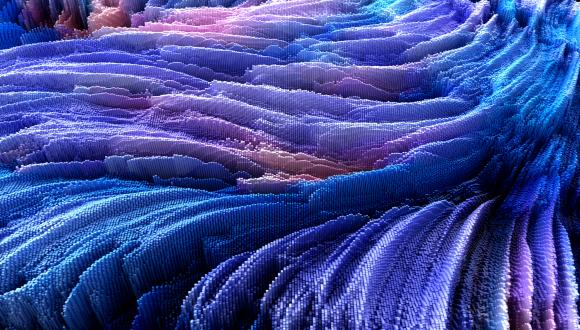"Temperature-induced DNA density transition in phage λ capsid revealed with contrast-matching SANS"
Professor Alex Evilevitch
Department of Experimental Medical Science
Faculty of Medicine
Lund University, Sweden
Professor Alex Evilevitch is the 2023/2024 Lowy Distinguished Guest Professor of the Mortimer and Raymond Sackler Institute of Advanced Studies.
Abstract:
Structural details of a genome packaged in a viral capsid are essential for understand- ing how the structural arrangement of a viral genome in a capsid controls its release dynamics during infection, which critically affects viral replication. We previously found a temperature-induced, solid-like to fluid-like mechanical transition of packaged λ-genome that leads to rapid DNA ejection. However, an understanding of the structural origin of this transition was lacking.
Here, we use small-angle neutron scattering (SANS) to reveal the scattering form factor of dsDNA packaged in phage λ capsid by contrast matching the scattering signal from the viral capsid with deuterated buffer. We used small-angle X-ray scattering and cryoelectron microscopy reconstructions to determine the initial structural input parameters for intracapsid DNA, which allows accurate mod- eling of our SANS data. As result, we show a temperature-dependent density transition of intracapsid DNA occurring between two coexisting phases—a hexagonally ordered high-density DNA phase in the capsid periphery and a low-density, less-ordered DNA phase in the core. As the temperature is increased from 20 °C to 40 °C, we found that the core-DNA phase undergoes a density and volume transition close to the physiological temperature of infection (~37 °C). The transition yields a lower energy state of DNA in the capsid core due to lower density and reduced packing defects. This increases DNA mobility, which is required to initiate rapid genome ejection from the virus capsid into a host cell, causing infection. These data reconcile our earlier findings of mechanical DNA transition in phage.


